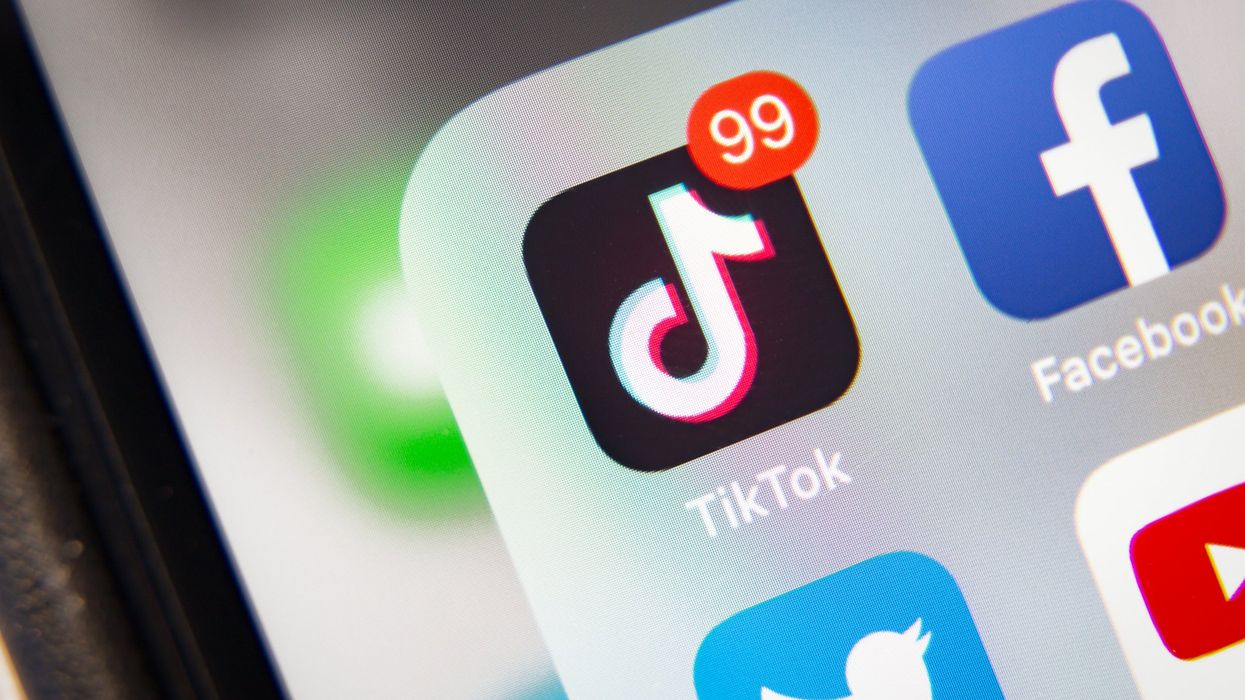You know things aren’t going well in the negotiations for the U.S. operations of TikTok when President Trump has to bribe the Chinese government with billions in tariff relief.
But that’s exactly what was reported out of the White House. President Trump is willing to give the Chinese Communist Party (CCP) billions in tariff relief if they pressured TikTok to sell its U.S. operations before the April 5th deadline.
What this indicates—ByteDance, the parent company of TikTok, of its own volition has no desire to sell its U.S. operations.
The question: Can Donald Trump bribe the CCP into forcing ByteDance to sell?
It is worth stated: President Trump’s gambit has merit. Any company doing business in China, especially one based in China, does so under the oversight of the CCP. So, theoretically Trump’s tariff relief could sway the CCP to act on his behalf as his advocate with ByteDance ownership.
The downside: Donald Trump had to sweeten the pot considerably to get a deal done.
It should tell everyone ByteDance ownership’s doesn’t intend to sell its U.S. TikTok operations. Only under extreme duress (threats of retribution) by the CCP is any deal possible. But, even then it’s a crap shoot.
The same fundamental conditions exist as before.
ByteDance is a global business. What’s more, its business model is predicated on the success of its TikTok product line and that product line’s success is directly tied to TikTok’s algorithm.
Ultimately, it’s all about TikTok’s algorithm.
At stake for ByteDance, if they sell their U.S. operations in TikTok, is opening the door to competition to their entire global enterprise. It’s a bad deal for ByteDance.
After all, Intellectual Property (IP) is the lifeblood of every technology company. ByteDance’s TikTok is no different. It’s why one would expect ByteDance to do everything in its power to protect its IP, its algorithm, even if they have to stand up to the CCP.
Still, one can’t under estimate the influence of the CCP.
It’s been reported, the CCP has frozen all state business with CK-Hutchison Holdings after the Hong Kong based conglomerate agreed to sell it majority held stake in the two ports bordering the Panama Canal to U.S. based BlackRock.
Purportedly, the CCP was not happy with the deal and has engaged in retaliatory actions against CK-Hutchison Holdings.
President Trump’s tariff gambit is likely seeking to take advantage of the CCP’s willingness to pressure companies into making business decisions that benefit China.
With the April 5th deadline fast approaching—we will know shortly if President Trump’s gambit pays off.
If it does it came at a steep price.
Dan Butterfield is the author of 11 E-books written under Occam’s Razor by Dan Butterfield. A list of publications: “Cultural Revolution,” “Prosecutorial Misconduct,” “Benghazi—The Cover-Up,” “The Russians Are Coming, The Russians Are Coming,” “Treason,” “11 Days,” “First Premise,” “GOP’s Power Grab,” “Guilty,” “Comey’s Deceit,” and “False Narratives.”






















Trump & Hegseth gave Mark Kelly a huge 2028 gift